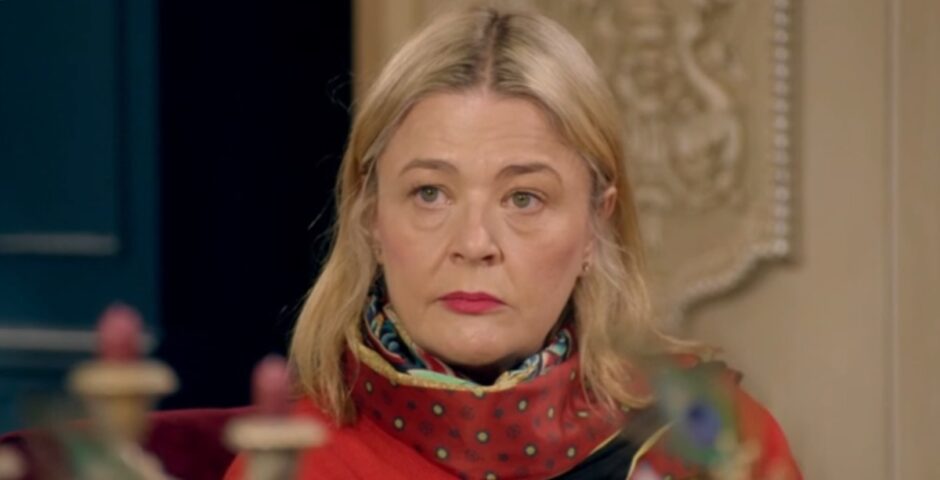
Revealed: The Russell Group unis that have up to 25 per cent fewer freshers this year
22 out of the 24 Russell Group have cut their intake of students
The number of freshers at Russell Group universities fell by 10 per cent this year as unis counteracted against two years of rapid expansion due to pandemic related grade inflation as well as the falling real term value of tuition fees.
The drop in new undergraduates from 156,990 students in 2021 to 140,735 this year, marks the largest decrease in Russell Group intake since records began in 2006.
The fall in freshers can be seen most noticeably at the University of Exeter, which had the largest decrease among all the Russell Group universities. In the space of a year, it’s accepted over 2,000 fewer freshers, a 25.9 per cent decrease.
Elsewhere, Durham University has admitted 24 per cent fewer students, the University of Edinburgh has seen a 21 per cent decrease and Bristol’s intake was cut by a fifth (19.7 per cent).
In fact, of the 24 universities that make up the Russell Group, only Newcastle University and LSE saw an increase in the number of students. Newcastle gained a moderate 8 per cent, however the London based university admitted a staggering 25 per cent more freshers this year.
While that figure stands in stark contrast to the other Russell Group unis, it is not wholly surprising.
Dr Mark Cover, managing director and co-founder of dataHE told Times Higher Education the "grinding pressure of the economics of UK versus overseas students" can in part explain the contraction.
Most Read
Since tuition fees were raised to £9,000 in 2012, despite a £250 increase in 2017, they have failed to keep up with inflation meaning home based tuition fees are now only worth £6,500 in real terms compared to when they were introduced. Last month, University of Manchester vice-chancellor, Nancy Rothwell, said unis were facing an "unsustainable financial future" as a result.
Approximately 70 per cent of LSE's students are international students and thus pay far higher fees than home students. Take for example the university's flagship course, economics. International students pay £26,592 a year for the privilege of doing an undergraduate in economics at LSE, a 187 per cent increase compared to the standard £9,250 a UK-based student pays.
The ever-growing gap in the relative value of fees between international and home based students has led to fears universities are over-relying on international fees. Last year, tuition fees from international students made up a third of the University of Manchester's income, The Manchester Tab revealed.
Cardiff University's vice-chancellor, Colin Riordan, said “all undergraduate courses will become loss-making without support from international students", due to inflationary pressure and the planned £4.8 million cut in higher education announced by the Welsh government in December.
Whilst student numbers accepted into Russell Group universities has fallen this year, demand for higher education remains stronger than ever; there was a five per cent increase in the number of Ucas applications to go to uni this year.
That demand has in part helped rebalance the distribution of students among non-Russell Group universities. Post 92 universities, a term used to describe former polytechnics who gained university status in 1992, accepted a combined 277,000 applicants this year, a five per cent increase on last year.
Last week the government confirmed tuition fees would remain frozen at £9,250 until at least 2024/25. Dr Carver warned: "If this [the fall in intake] is reflecting the increasingly terrible economics of teaching UK 18-year-olds, then it is unlikely that these universities, readily popular with higher-fee paying international students, will be seeking to restore their share of the 'UK 18' market any time soon."
Related stories recommended by this writer:
• Revealed: The Russell Group unis the most private school students want to go to
• These are officially the British private schools that get the most Oxbridge offers
• These are the Russell Group unis with the highest ethnicity pay gaps


















